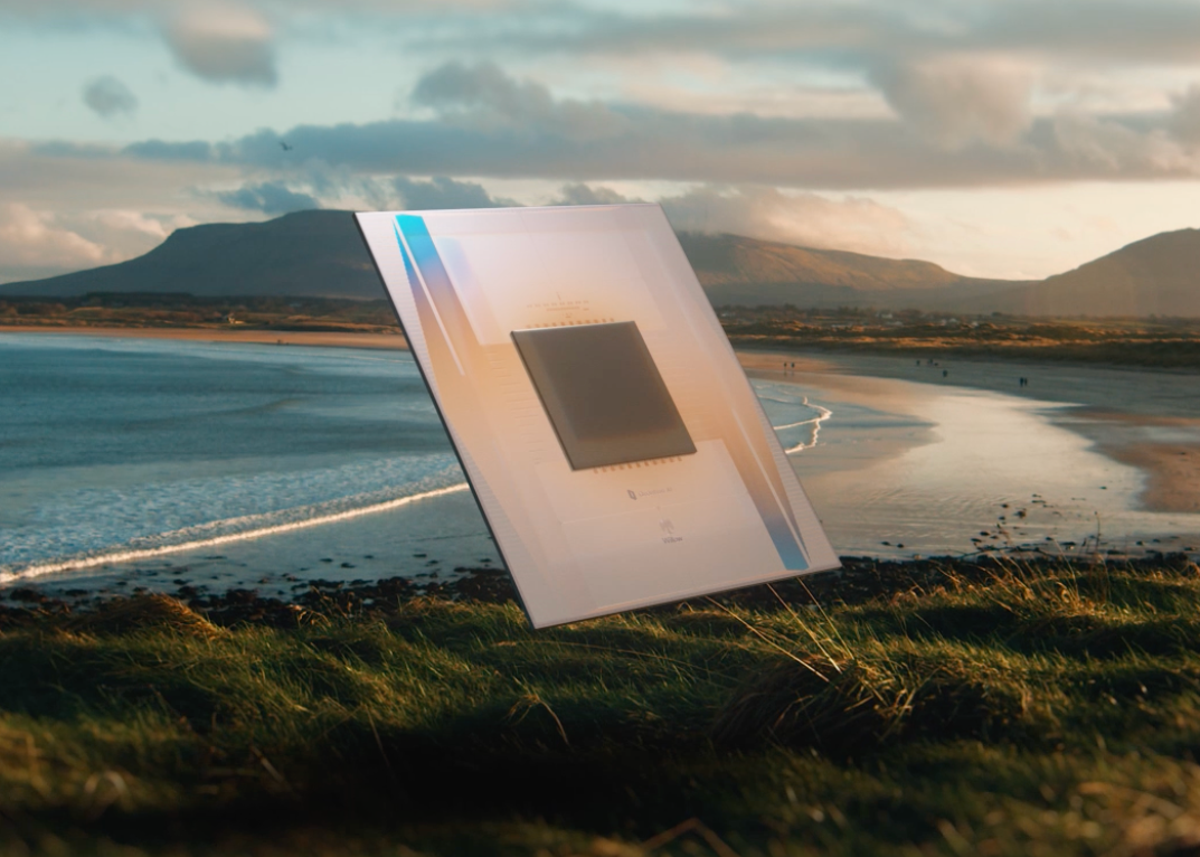
Google says it has made a new quantum computing chip that can be at least a billion times faster than the fastest traditional supercomputers.
The new generation of quantum computer development, named Willow by Google, was the result of overcoming a key challenge that has held back quantum computing, Google said.
Quantum computing takes advantage of the unusual behaviour identified by quantum physics. That means that quantum computers could be far faster than traditional ones – but come with a host of complex and often mysterious behaviours that must be fixed before they can be made and used reliably.
Google is one of a range of companies – alongside IBM and Microsoft – that is working to overcome those problems with the hope of building a quantum computer that might actually be functional.
For now, the system is still only capable of being used for a mathematics problem that does not have obvious commercial use. But Google said that it hopes the latest generation will be a step towards potentially transformative uses of quantum computers in fields such as medicine, artificial intelligence, battery chemistry and more.
The new came from a new chip called Willow that has 105 “qubits,” which are the building blocks of quantum computers. Qubits are fast but error-prone, because they can be jostled by something as small as a subatomic particle from events in outer space.
As more qubits are packed onto a chip, those errors can add up to make the chip no better than a conventional computer chip. So since the 1990s, scientists have been working on quantum error-correction.
In a paper published in the journal Nature on Monday, Google said that it has found a way to string together the Willow chip’s qubits so that error rates go down as the number of qubits goes up. The company also says it can correct errors in real time, a key step toward making its quantummachines practical.
“We are past the break even point,” Hartmut Neven, who leads the Google Quantum AI unit, said in an interview.
In 2019, IBM challenged Google‘s claim that Google‘s quantum chip solved a problem that would take a classical computer 10,000 years, saying the problem could be solved in two-and-a-half days using different technical assumptions about a classical system.
In a blog post Monday, Google said it took some of those concerns into account in its newest estimates. Even under the most idealistic conditions, Google said a classical computer would still take a billion years to get the same results as its newest chip.
Some of Google‘s rivals are producing chips with a larger number of qubits than Google, but Google is focused on making the most reliable qubits it can, Anthony Megrant, chief architect for Google Quantum AI, said in an interview.
Google fabricated its previous chips in a shared facility at the University of California, Santa Barbara, but built its own dedicated fabrication facility to produce its Willow chips. Megrant said that new facility will speed up how fast Google can make future chips, which are chilled in huge refrigerators called cryostats to run experiments.
“If we have a good idea, we want somebody on the team to be able to ... get that into the clean room and into one of these cryostats as fast as possible, so we can get lots of cycles of learning,” Megrant said.
Additional reporting by agencies







